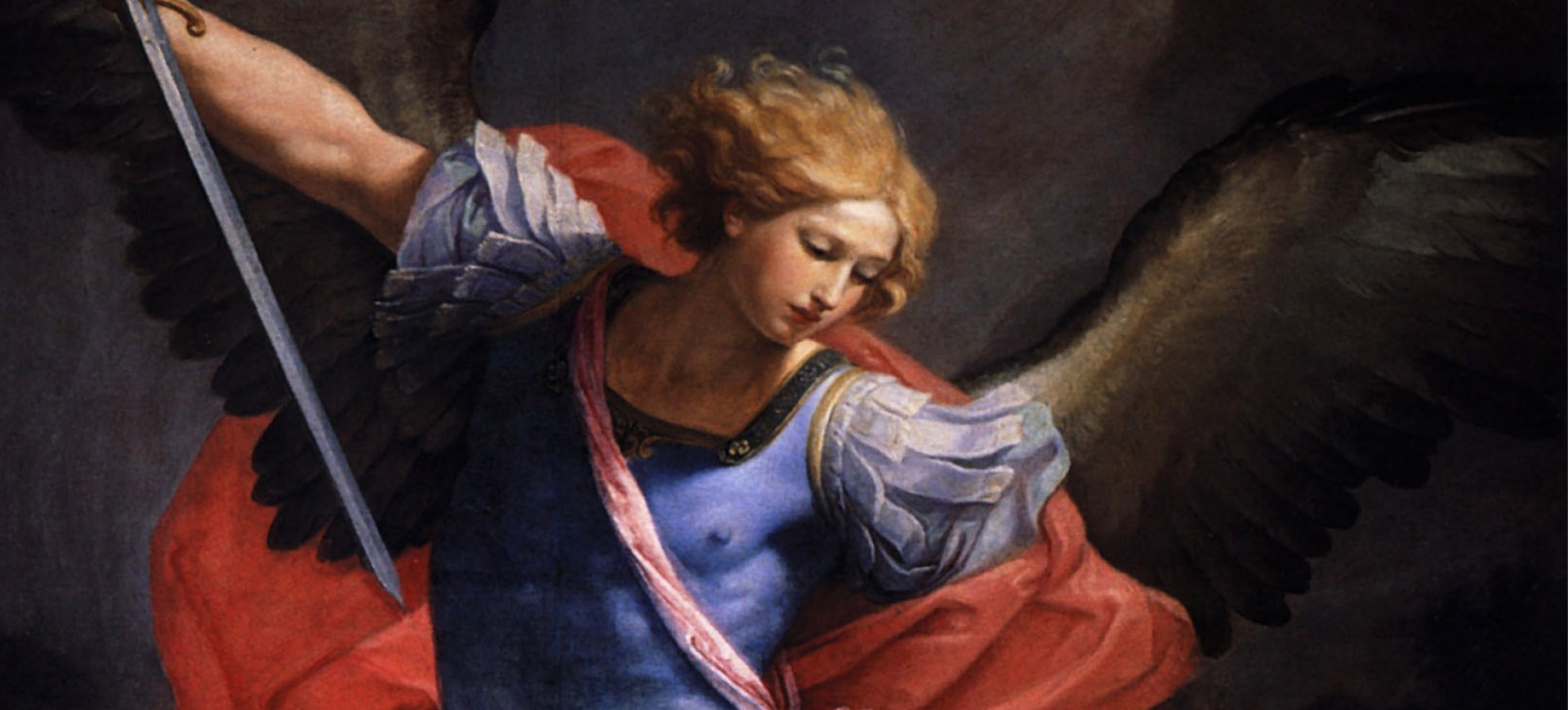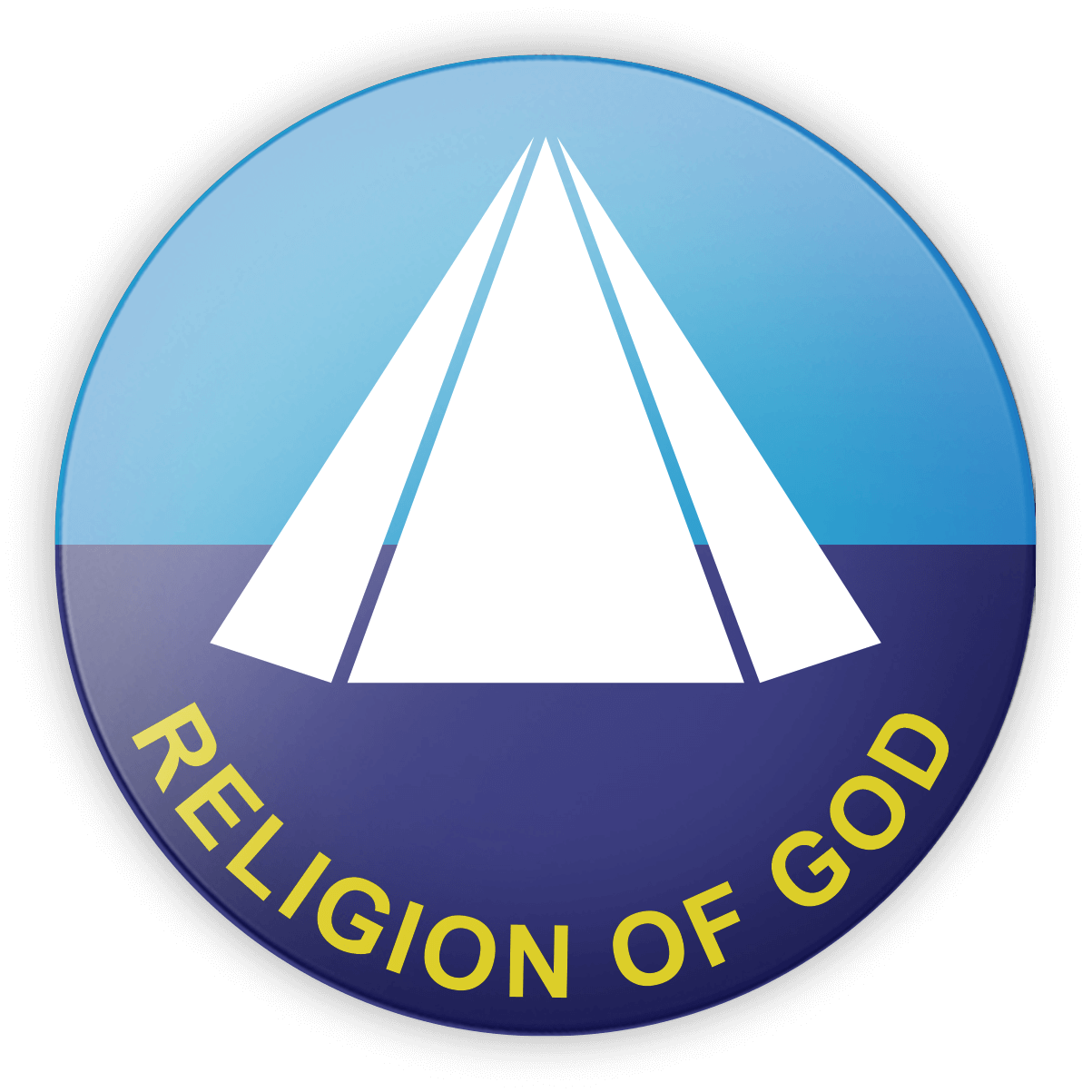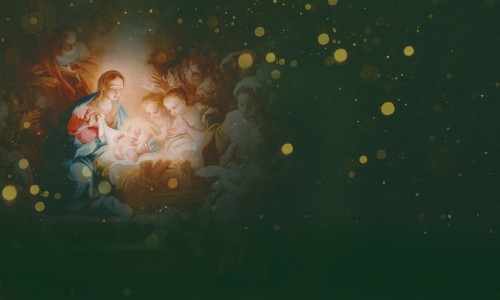
Prayer to Saint Michael the Archangel
In the world in which we live, it’s of utmost importance that we strengthen our security, not only materially speaking, but also our Spiritual Protection. After all, “we are surrounded by such a great cloud of invisible witnesses,” as Paul the Apostle said in the Epistle to the Hebrews 12:1.
He is referring here to the reality of Spirits. Yes, “we are now body, but we are originally Spirit,” as Paiva Netto, the President-Preacher of the Religion of God, of the Christ, and of the Holy Spirit teaches us.
That’s why it’s extremely necessary for us to watch and pray, as Jesus warned us in His Gospel according to Matthew 26:41, so we are properly protected from evil, and furthermore, so we may attract to us the Spirits of Light, Blessed Souls, Guardian Angels.
To this end, we invite you to say the Prayer to Saint Michael the Archangel, written by Pope Leo XIII.
This Prayer is also found in the book Ao Coração de Deus — Coletânea Ecumênica de Orações [To the Heart of God – an Ecumenical Collection of Prayers] by Paiva Netto, which presents 50 prayers from different religious traditions.
Find the Heavenly Protection with this very beautiful prayer, in the voice of the President-Preacher of the Religion of the Third Millennium:
Prayer of the Archangel, Saint Michael
Prayer to Saint Michael the Archangel
Pope Leo XIII*
Saint Michael the Archangel,
defend us in battle;
be our protection
against the wickedness and snares of the devil.May God rebuke him,
we humbly pray.And do thou, O Prince of the Heavenly Host,
by the Power of God,
thrust into hell Satan
and all the evil spirits
who wander through the world
seeking the ruin of souls.
Amen.
READ MORE:
+ Prayer of Caritas
+ Prayer of Saint Francis of Assisi
_____________
* Pope Leo XIII (1810-1903) — He was born on March 2, 1810, in Carpineto Romano, Italy. Gioacchino Pecci first became notable as the popular and successful Archbishop of Perugia, which led to his appointment as Cardinal in 1853. On February 20, 1878, he was elected to succeed Pope Pius IX, and his pontificate lasted from 1878 to 1903. He became famous as “the Pope of the Encyclicals.” The most widely known—Rerum Novarum, of 1891, on rights and duties of capital and labor—introduced the idea of subsidiarity in Catholic social thinking.



